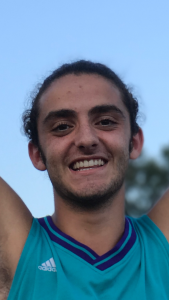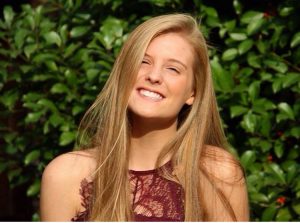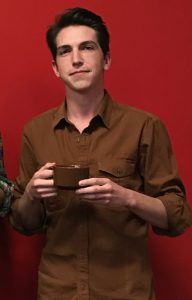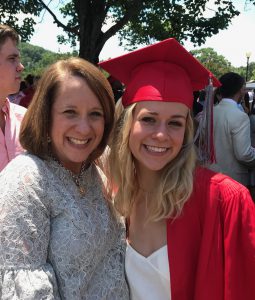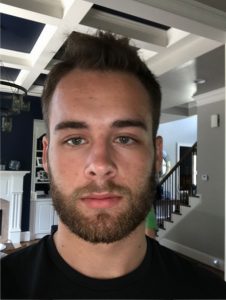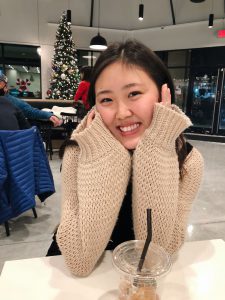My previous experiences with science involve a childhood wrapped around my parents’ jobs either teaching environmental science, particularly stream hydrology, or applying science as a civil engineer focused on city water and sewage systems. In high school I took basic biology and chemistry, as well as AP Environmental Science, and in college thus far I have only taken Geology. What I’ve enjoyed most has been that Environmental Science course back in high school, as I felt it dealt with important matters to my and every person’s everyday lives, and appeared more immediately applicable than did chemistry and basic biology.
I would like to get a better understanding of the way the earth functions, as well as how human activies affect these processes.
In relation to antibiotics, I would like to get a better understanding of the spread of resistant bacteria in nature outside of direct human influence – how things are indirectly affected beyond our immediate actions
The issues that appeal to me the most, and therefore I assume appeal to others as well, is how I and they might be affected in the immediate and far off future by current human activities and mistakes.
Learning how to interact with the community and what can be done to help people are things I hope to learn through the service learning projects.

